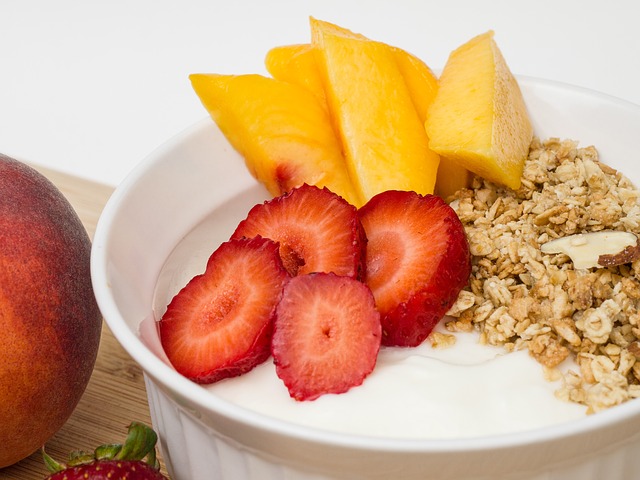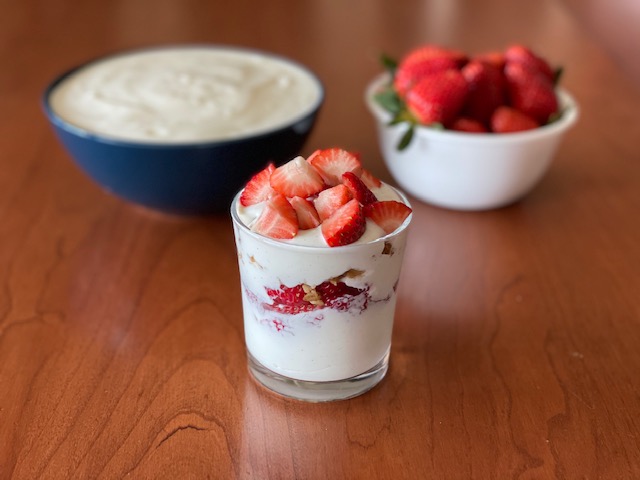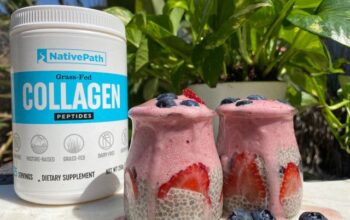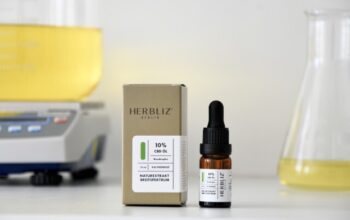In recent years, there has been a growing interest in the relationship between gut health, probiotics, and immune system strength. As we delve deeper into understanding the intricate connections between our digestive system and overall well-being, it’s important to sift through the sea of information to distinguish fact from fiction. In this article, we’ll explore the scientific evidence surrounding probiotics and their potential impact on immune system function.
The Gut-Immune Connection
The human gut is often referred to as the “second brain” due to its complex network of neurons and its critical role in maintaining overall health. What many might not realize is that a significant portion of our immune system resides in the gut as well. This intertwining relationship has led researchers to investigate whether modulating gut health through probiotics could potentially enhance immune responses.
Understanding Probiotics
Probiotics are live microorganisms, primarily bacteria and some yeasts, that are believed to confer health benefits when consumed in adequate amounts. These beneficial bacteria naturally inhabit our digestive tract and play a crucial role in nutrient absorption and maintaining a balanced gut microbiome. Yogurt, kimchi, sauerkraut, and various other fermented foods are common sources of probiotics.
Separating Fact from Fiction
- Immune System Boost: One of the most prevalent claims is that probiotics can significantly boost the immune system. While research is ongoing, studies suggest that certain probiotic strains might help regulate immune responses by promoting the growth of beneficial bacteria in the gut. However, the extent of this impact and its direct correlation to immune system strength require further investigation.
- Reduced Infections: Some studies have proposed that consuming probiotics could lead to fewer infections, especially respiratory tract infections. While there is some evidence to support this notion, the results are not always consistent across different probiotic strains and populations. Probiotics might play a role in maintaining a balanced immune response, but they are not a guaranteed shield against infections.
- Inflammation Regulation: Chronic inflammation is linked to various health issues, including immune dysfunction. Probiotics could potentially help regulate inflammation by influencing the gut microbiome’s composition. Certain strains have shown promise in reducing markers of inflammation, but more research is needed to determine their full potential in this regard.
- Personalized Effects: Just as no two individuals are exactly alike, the effects of probiotics can vary widely from person to person. Factors such as an individual’s existing gut microbiome, genetics, diet, and overall health can all influence how probiotics interact with the body. This personalized aspect makes it challenging to make sweeping claims about their impact on immune system strength.

The Road Ahead
As with any evolving field of science, the relationship between probiotics and immune system strength is far from fully understood. While there is promising evidence suggesting a connection, more rigorous research, including well-designed clinical trials, is needed to establish concrete conclusions. Additionally, the diversity of probiotic strains and the complexity of the gut microbiome add layers of intricacy to this area of study.
Incorporating Probiotics Wisely
While the science catches up, individuals interested in optimizing their gut health and immune function can consider a few practical steps:
- Diet Diversity: A varied diet rich in whole foods, including fruits, vegetables, whole grains, and lean proteins, can contribute to a healthy gut microbiome.
- Fermented Foods: Including naturally fermented foods in your diet can introduce beneficial bacteria into your gut. Yogurt, kefir, kombucha, and traditionally prepared sauerkraut are good options.
- Probiotic Supplements: If you’re considering probiotic supplements, consult a healthcare professional. They can guide you toward a product containing strains supported by research for potential immune benefits.
- Lifestyle Factors: Prioritize sleep, manage stress, and engage in regular physical activity. These lifestyle factors also play a vital role in supporting a robust immune system.
Conclusion
The allure of harnessing the power of probiotics to bolster immune system strength is captivating, but it’s crucial to approach the topic with a discerning eye. While there’s exciting research underway, it’s essential to separate the current facts from the potential fiction. As science advances, we will gain a deeper understanding of how the gut microbiome influences our immune responses, paving the way for more personalized approaches to enhancing overall health and well-being.




